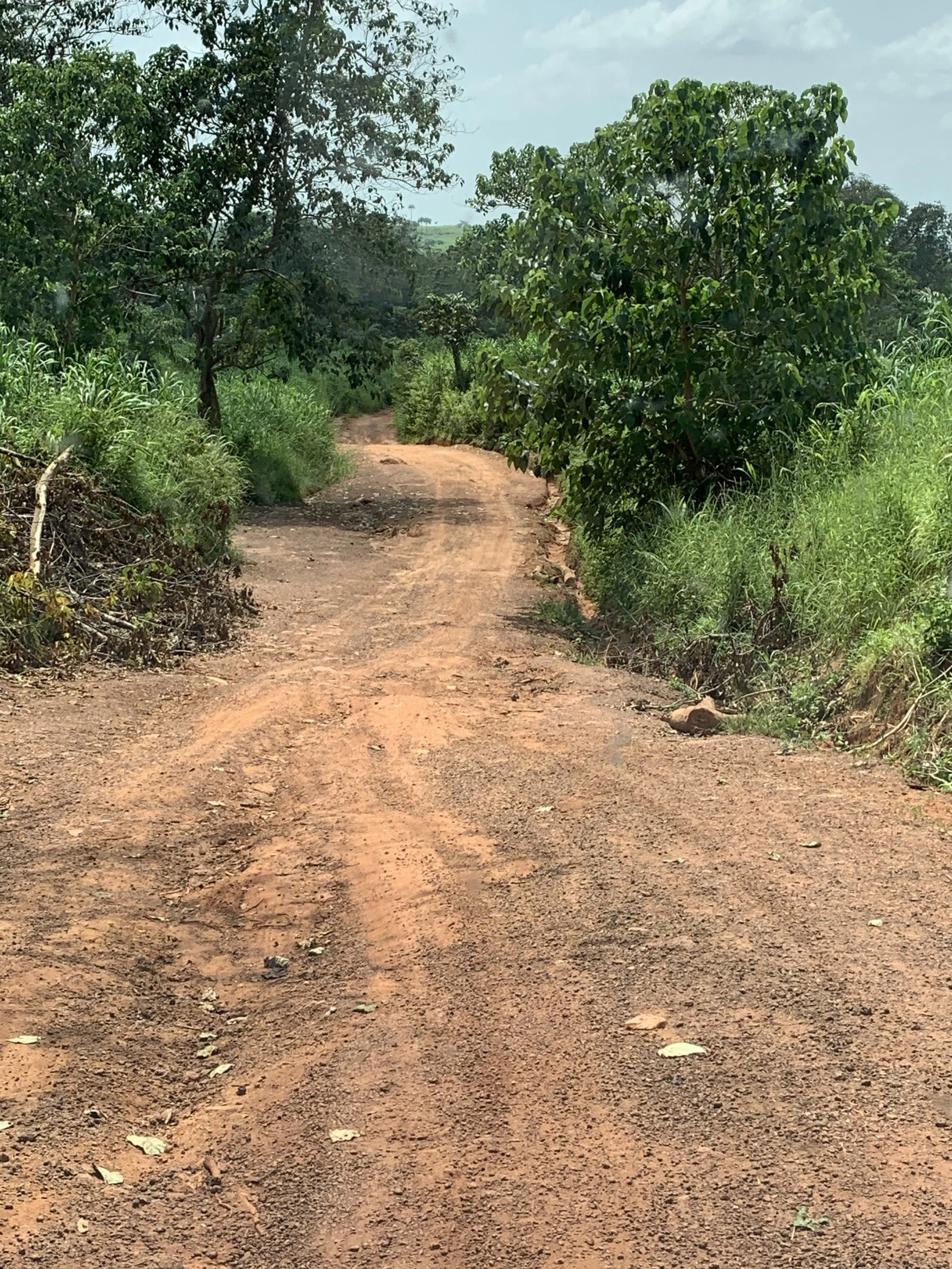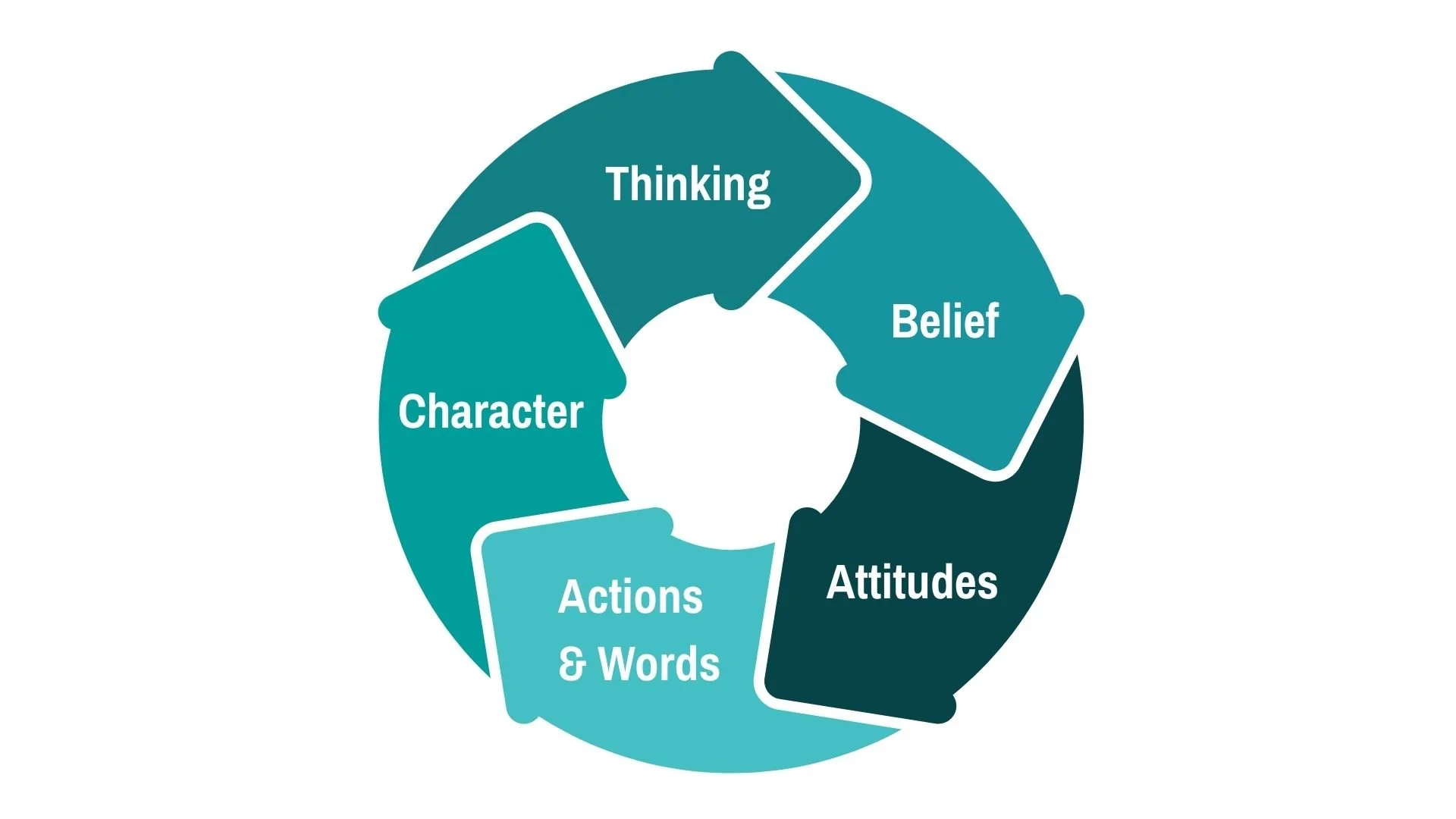Beyond Awareness: Moving From Ignorance to Compassion
October is often known as Disability Awareness Month. But awareness alone isn’t the goal. Real transformation happens when awareness begins to reshape our thinking, our relationships, and ultimately our communities. Our goal is creating communities of belonging for all people to know the love of Jesus.
At Accessible Hope, we use a simple tool that outlines five stages of changing attitudes toward disability:
Ignorance
Compassion
Care
Friendship
Co-Laboring
adapted & with permission from Wheaton Center for Faith and Disability, originally developed by Dan Vander Plaats, with thanks to Elim Christian Services, Disability Concerns CRC and RCA, Engaging Disability, Joni and Friends, and Wheaton College, 2009
This month, we want to talk about the first two stages—because recognizing them is the first step toward growth. And remember: this isn’t a simple, linear path. We all move back and forth, constantly learning and relearning as we grow.
Why Our Thinking Matters
Scripture reminds us that transformation begins in the mind: “Do not be conformed to this world, but be transformed by the renewal of your mind” (Romans 12:2).
Our thoughts shape our beliefs.
Our beliefs shape our attitudes.
Our attitudes guide our actions.
And over time, our actions form our character.
That’s why being honest about where we are is so important. God calls us to examine ourselves: “Search me, O God, and know my heart! Try me and know my thoughts!” (Psalm 139:23).
Stage 1: Ignorance
Ignorance doesn’t always mean hostility. Sometimes it’s simply not knowing. Maybe you’ve never had a close friend with a disability. Maybe you’ve absorbed cultural or even theological misconceptions, like assuming disability is a punishment or misfortune rather than part of human diversity and God’s image. Ignorance simply means not knowing. But left unexamined, it can lead to exclusion. Being in the first stage might look like this:
Knowledge/Thoughts: “I don’t know much about disability, and I’m not looking to learn.”
Beliefs: “Maybe disability is a curse, a punishment, or something God can’t use.”
Attitudes: Fear, discomfort, or even amusement.
Actions/Words: Avoiding, mocking, or excluding people with disabilities from conversations, activities, or leadership.
Ignorance closes doors. But the way forward is awareness. Awareness is not the finish line, but it is the spark of change.
Stage 2: Compassion
As awareness grows, many move into a stage of compassion. Here, attitudes shift from avoidance to pity: “I feel sorry for people with disabilities. They need my help.”
Knowledge/Thoughts: “I know a little about disability, but I’m not seeking more knowledge.”
Beliefs: “People with disabilities need help, but they don’t play a major role in community life.”
Attitudes: Pity; feeling sorry for; lingering discomfort.
Actions/Words: Keeping distance, leaving people out because of uncertainty or unease.
Compassion often comes with good intentions, but it still keeps people with disabilities in a passive role, as objects of care, not equals with gifts to share. God calls us higher, to see every person as His image-bearer (Genesis 1:27) and to prepare a place at the His table (Luke 14:12–14).
Reflection & Prayer
Where do my thoughts, beliefs, attitudes, or actions place me today: Ignorance, Compassion, or somewhere in between?
Is there an assumption that the Spirit is inviting me to release?
What one thing will I try this week to raise my awareness?
“Search me, O God, and know my heart! Try me and know my thoughts… and lead me in the way everlasting.” (Psalm 139:23–24)
Stay tuned, in November we will dive into learning more about Stage 3 (Care) and Stage 4 (Friendship), where compassion begins to transform into relationship and mutuality.







